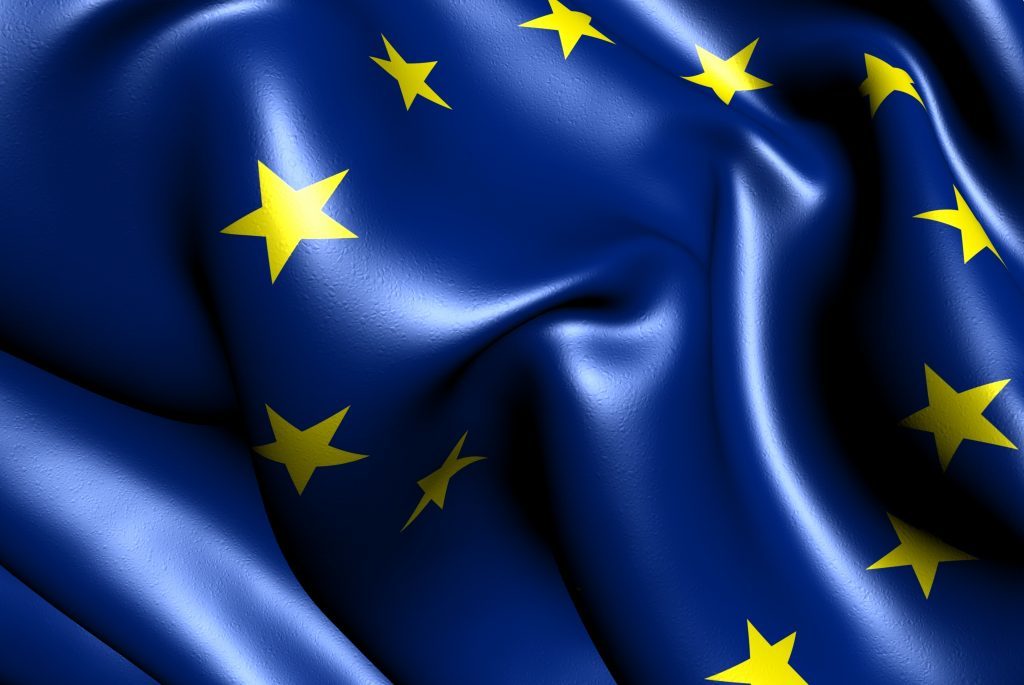
Manufacturers from Great Britain could rush to establish bases in Northern Ireland to avoid customs tariffs post-Brexit, a lobby group for the industry said.
The UK Government has proposed smaller firms involved in localised cross-border trade with the Republic should be exempted from the responsibilities.
Manufacturing Northern Ireland said 99% of the businesses it represents were small or medium-sized but they had been given no idea how the suggested arrangements after March 2019 could work.
The group said: “Essentially it means that Northern Ireland firms would be within the Customs Union whilst also being outside of the Customs Union as part of the UK. Is that possible or acceptable?
“It could lead to a rush of Great Britain manufacturers wanting to come and set up in Northern Ireland to avoid customs requirements but equally, it could see Irish firms using Northern Ireland as a back-door to the UK market, so trade could be distorted.”
The lobby group said large manufacturers in Northern Ireland, around 60 or so, accounted for half of all employment and turnover from the sector.
“They’ll be subject of currently complex and costly red tape and delay being outside the Customs Union.
“Manufacturers constantly work to remove complexity and cost so this will be difficult for such strategically important employers and exporters.
“It is business who will be most impacted and who will be asked to make Brexit work. Efforts need to be stepped up to engage and get ideas about how these and other proposals are made workable.
“Given all this, it’s difficult to understand how any guarantees can be provided about the absence of physical borders or customs checkpoints, regardless of any proposed exemptions, unless a comprehensive customs agreement and single market access is delivered.”
The UK Government has set out its vision of a free-flowing and unmonitored Irish border post-Brexit, with the majority of local businesses avoiding customs tariffs.
Officials have said the risk of Great Britain or continental Europe-based firms using Irish business counterparts to avoid tariffs can be managed effectively.
The Government paper again dismissed any suggestion a customs border could be shifted to the Irish Sea, with checks and tariffs only in operation at entry and exit points between the island of Ireland and Great Britain.
If the EU signed off the UK’s ultimate customs objective, a partnership deal with the UK mirroring Europe’s tariff system, then no Irish companies would be subject to new checks as a consequence of Brexit.
Agricultural businesses north and south of the border have expressed continued concern.
Michael Rice is an agent for agricultural supplies firm ICE Comfort Slat Mats.
The product for cattle bedding is made in Dublin but distributed in Northern Ireland, Wales and Scotland.
He said he remained concerned about the impact of Brexit on farming more generally.
Mr Rice added: “We don’t know whether to invest in our business or not.”
Recommended for you
